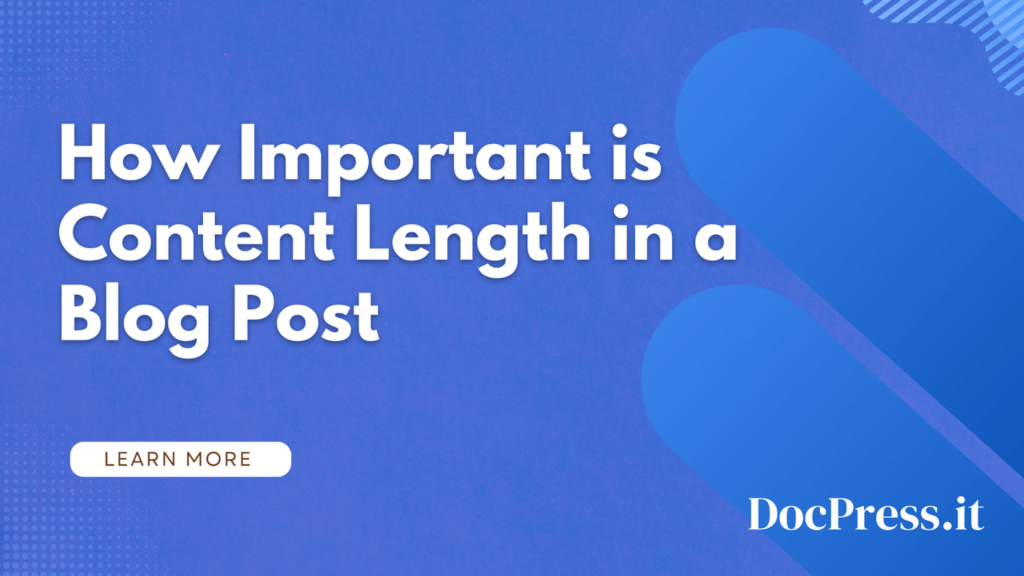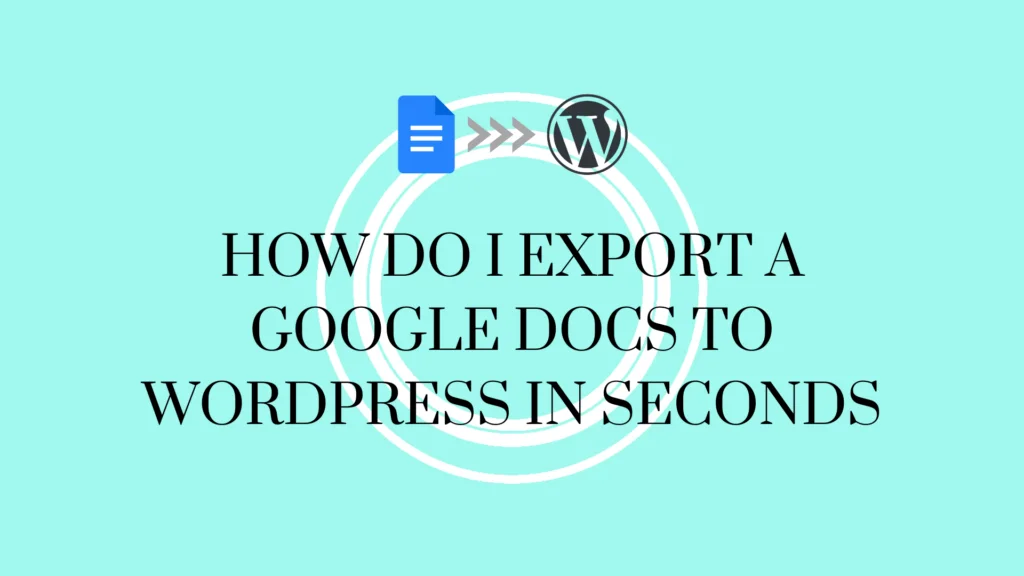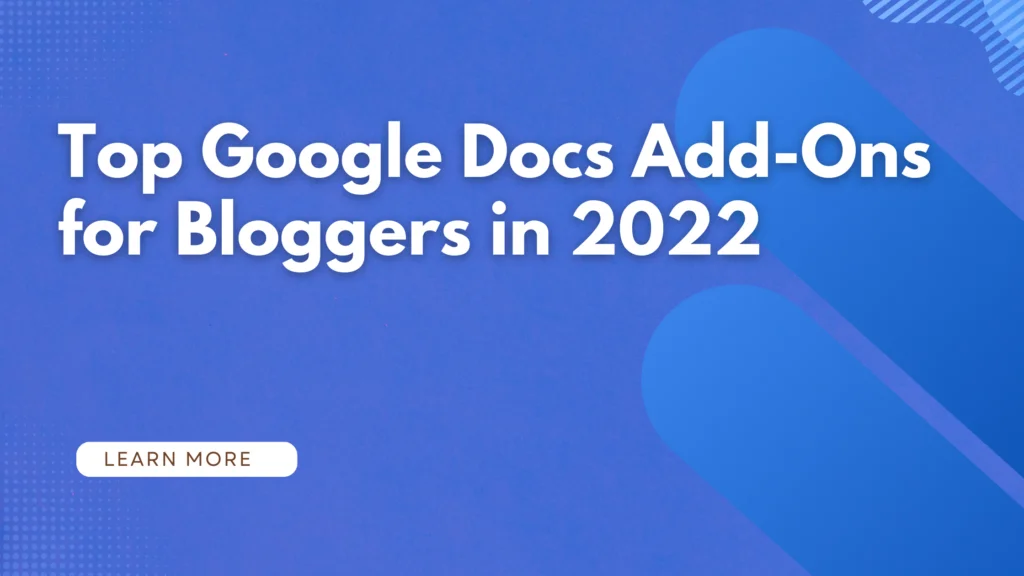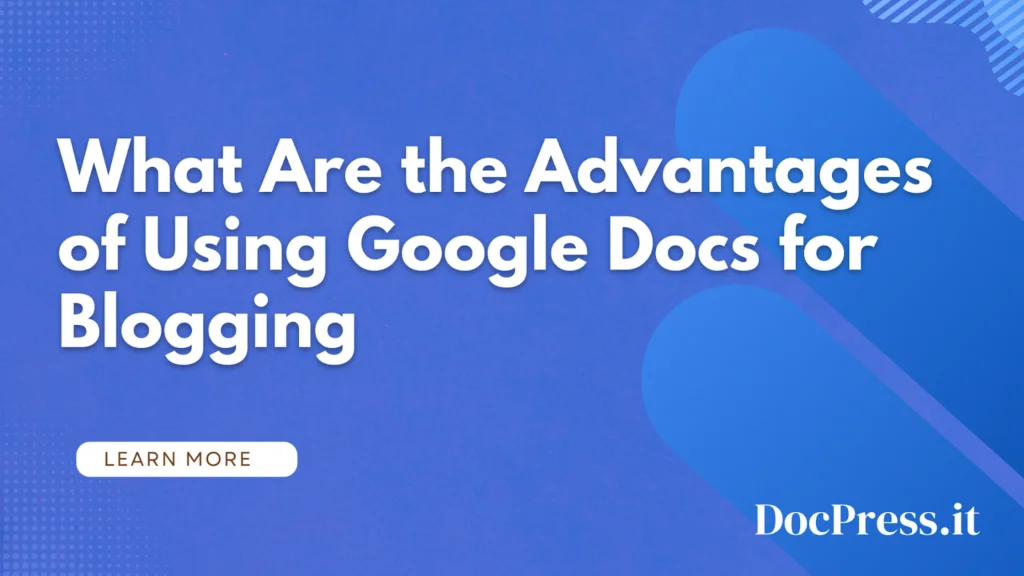Regarding the length of your posts, there actually isn’t a single ideal length.
Knowing how long to work creating content is an important aspect of your success plan if you are just starting a blog or working on being a blog master. Let’s classify the words necessary to reach the finest blog article presently offered.
What is The Ideal Length for a Blog Post?
The truth is that there are no strict guidelines regarding content length. When it comes to viewpoint and experience, there is common ground. The general belief is that longer content has the greatest impact on a company’s ability to rank higher on search results pages. Actual data helps us make judgments about the content we produce based on analytical proof, moving beyond opinion and experience.
Note that it’s crucial to remember that writing unique, quality material that is useful to your audience should be your top priority, regardless of the article’s length.
Differing Lengths of Blogs
Numerous factors determine the appropriate blog article length. Not only will we discuss how long your blog should be, but we’ll also discuss why length is so important to the success of your work.
The different blog lengths and their relative worth are listed below:
- 200-400 words: The best posts for conversations and interaction are those that are very brief. They are insufficient for SEO and receive less social shares. They are only intended for comments and product or service details.
- 400-600 words: Although some claim they are “the minimum length,” these are generally thought of as shorter blog postings. These aren’t particularly instructive blogs; rather, they’re merely quick readings for people who aren’t as invested. They are decent for social media interaction and sharing, but they are too brief to increase website traffic or have an impact on SEO.
- 600-1,000 words: These are classified as journalistic, informative pieces. These postings are excellent for integrating reference links, influencers, and gradually increasing SEO.
- 1,000-1,500 words: These lengthy content may have a significant impact on your lead conversion depending on your market. The length is regarded as a significant instrument to increase organic website traffic through link building, collaborations, and calls to action if you publish good content.
- 1,500-2,500 words: Since the search engines like longer content, these articles are referred to as your “Google go-getters”!
Optimizing Blog Length for SEO
Numerous supportive content marketing firms have verified that the length of your blog post will improve SEO for your brand.
Longer posts enable the blog to say more, offer more value, and better inform the reader. Additionally, it gives additional room for lead magnets, calls to action, and backlink chances. The more engrossed your reader is, the longer they will stay on your website and the more Google will like you.
So, How Does Content Length Impact SEO?
Simply because content length is one of about 200 factors that Google takes into account when ranking pages doesn’t mean it is important. Understanding the other ranking elements requires knowledge of how the length of an article affects SEO.
It’s arguable that we should also consider how other important elements like links, shares, topical relevance, and keywords improve SEO.
According to research, long form content has a higher chance of obtaining quality backlinks, which are crucial to raising search ranks. Also, longer content gets more social shares which provides long-term SEO value.
Final Words
In the end, your goals, your target audience, and the function of the pages you’re writing for will all determine the optimum content length for your brand. There is no perfect or incorrect response, therefore businesses should put their clients and their needs first rather than striving to optimize word counts. Your business and SEO approach will benefit more from your ability to answer the demands and interests of your customers than from just increasing word count.
Writing a blog takes a lot of time, whether it is lengthy or not, and it should be maintained efficiently. With DocPress, you can concentrate on high-value activities like expanding your business when you spend less time writing high-quality blogs.
DocPress is a Google Docs add-on with a free forever plan that helps you get started with your editorial workflow. You can also upgrade to any of our paid plans that match your blogging frequency. Subscribing also gives you access to our SEO Analysis and Readability score tools to help you rank higher and reach more people.
Install the add-on for free here or learn more by visiting DocPress.it.
Subscribe to our newsletter below to get amazing new articles, promos but also tips and tricks.





